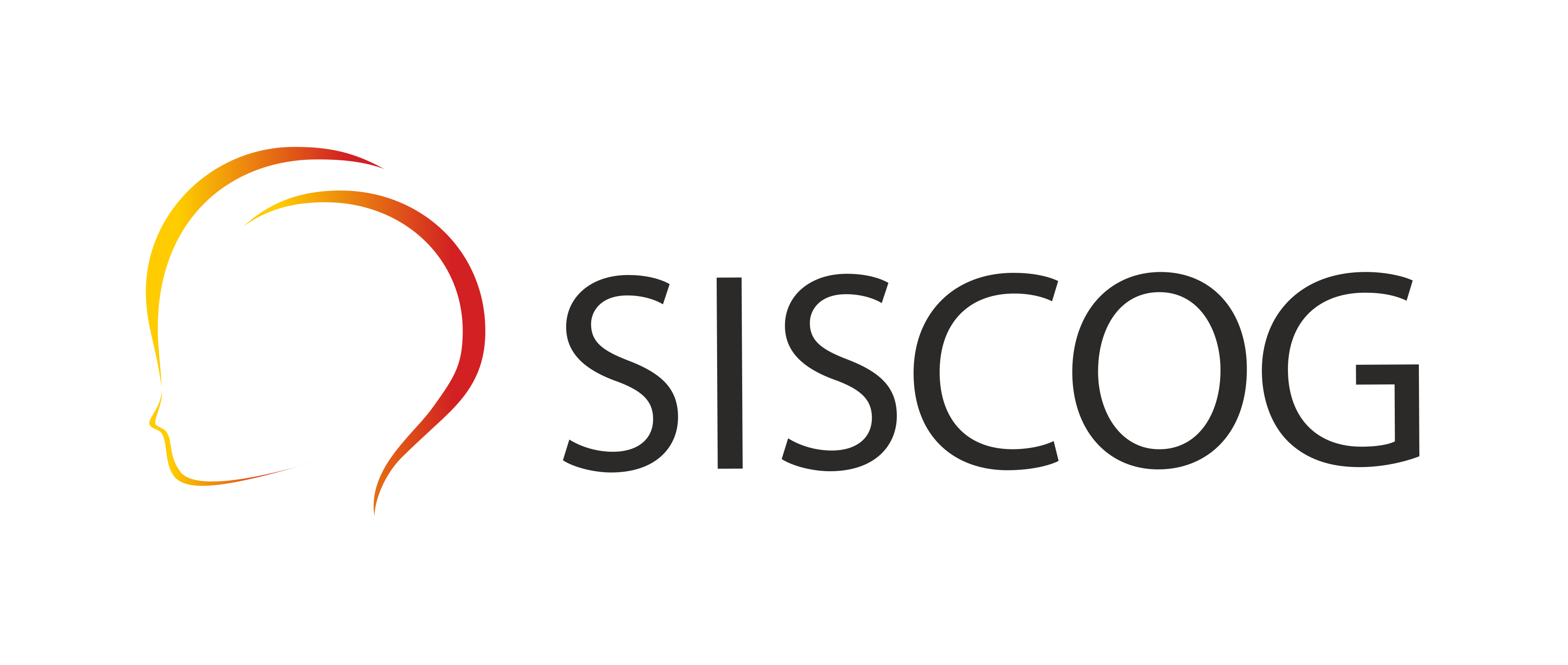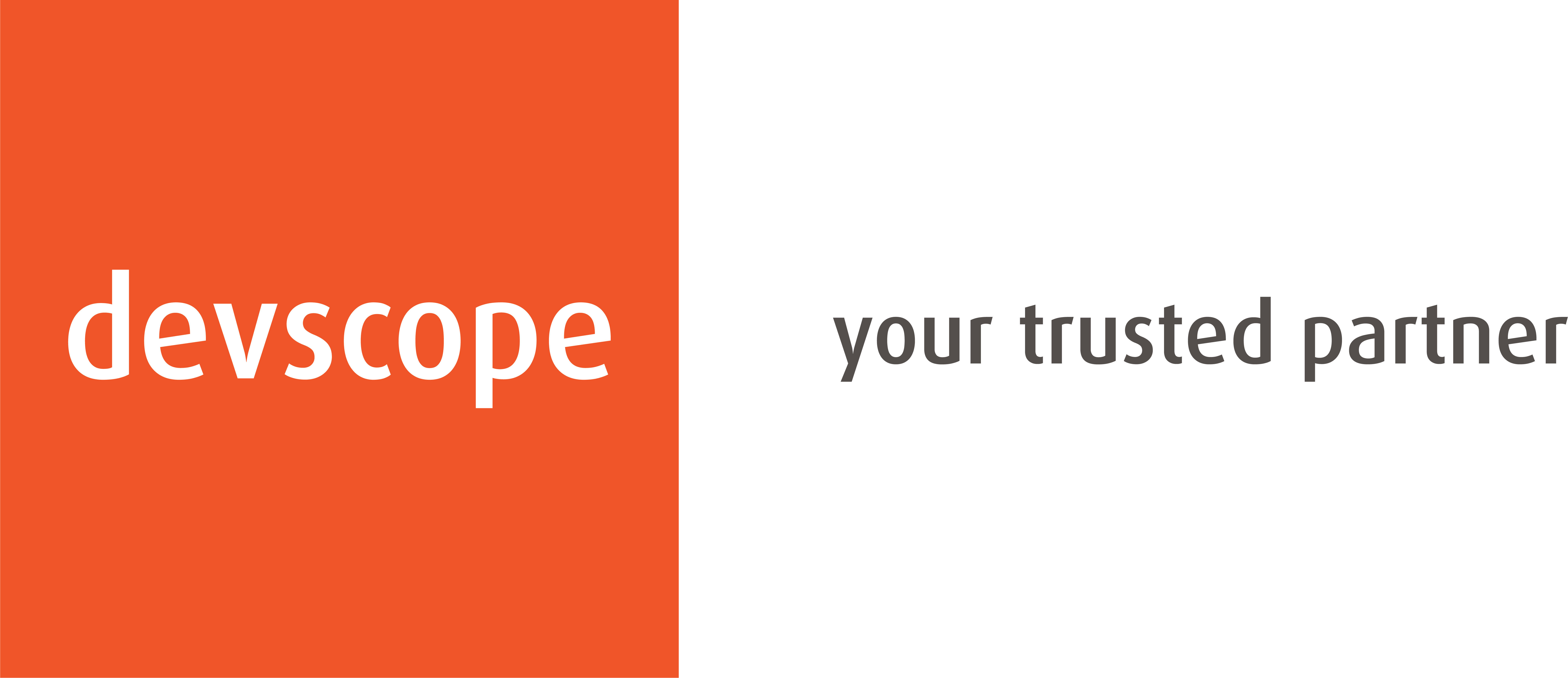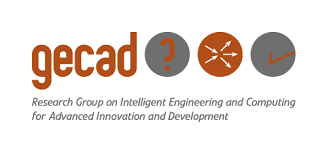Artificial Intelligence for Games (AI4G)
Playing games has been considered a relevant task for AI research since the very inception of the field. Some of the AI accomplishments have been based on solving Games like Checkers, Chess and Go. Often, competitions based on games are organized to foster the research on AI and define frameworks for comparison of work. One example is the General Game Playing that challenges AI players to play and win games they do not know beforehand. Games can also be the base of research on computational creativity. The procedural design of new levels for games or the design of complete games with novel gameplay has been an interesting challenge. The generation of game content has been addressed in the sense of story creation and interactive storytelling as well, which is one of the very promising fields of research on AI for games, and one that attracts the interest of the game development industry. Finally, the social nature of games, and in particular of videogames, present good scenarios for exploring the social skills of AI agents, in particular by interacting with humans. This thematic track brings together leading researchers to discuss recent advances and explore future directions in the applied field of Artificial Intelligence for Games.
Topics of Interest
The topics of interest include, but are not limited to:
- Decision Making
- Learning in games
- Search-based approaches for games
- Neural-based approaches for games
- Player/Opponent modeling
- AI based game design
- Procedural content generation
- Intelligent interactive narrative
- Character development and narrative
- AI for virtual cinematography
- AI for non-player characters
- Multi-agent and multi-strategy learning in games
- General game playing
- Theoretical or empirical analysis of AI techniques for games
- Comparative studies and game-based benchmarking of AI algorithms
- Applications of artificial intelligence in (non-inclusive list):
- Digital games (any platform)
- Board and card games
- Economic or mathematical games
- Serious games
- Realistic games for simulation or training
- Augmented and mixed-reality games
Paper Submission Instructions
All accepted papers will be published by Springer in a volume of Springer’s Lecture Notes in Artificial Intelligence (LNAI) corresponding to the proceedings of the 19th EPIA Conference on Artificial Intelligence, EPIA 2019.
Submissions must be original and not published elsewhere. Papers should not exceed twelve (12) pages in length and must adhere to the formatting instructions of the conference. Each submission will be peer reviewed by at least three members of the Program Committee. The reviewing process is double blind, so authors should remove names and affiliations from the submitted papers, and must take reasonable care to assure anonymity during the review process. References to own work may be included in the paper, as long as referred to in the third person. Acceptance will be based on the paper’s significance, technical quality, clarity, relevance and originality. All accepted papers must be presented orally the conference by one of the authors and at least one author of each accepted paper must register for the conference.
This track also accepts short papers submissions (maximum of 6 pages) for position papers, and work in progress. The registration fee is the same for regular and short papers. In case of acceptance authors will have the same time for paper presentation.
All papers should be submitted in PDF format through the EPIA 2019 EasyChair submission page. Prospective authors should select the thematic track to which their paper is to be submitted.
Important Dates
Paper submission deadline (Extended) : April 15, 2019 April 30, 2019
Notification of paper acceptance:May 31, 2019, June 7, 2019
Camera ready papers deadline: June 15, 2019, June 21, 2019
Conference dates: September 3-6, 2019
Organizing Committee
Alberto Simões, Polytechnic Institute of Cávado and Ave (IPCA), Barcelos, Portugal
Antonios Liapis, University of Malta
Gustavo Reis, Polytechnic Institute of Leiria, Portugal
Program Committee
Carlos Martinho, IST, Universidade de Lisboa, Portugal
Christoph Salge, University of Hertfordshire, UK
David Carneiro, Universidade do Minho, Portugal
Daniele Gravina, University of Malta, Malta
Daniel Karavolos, University of Malta, Malta
David Melhart, University of Malta, Malta
Diego Perez Liebana, University of Essex, UK
Duarte Duque, Instituto Politécnico do Cávado e do Ave, Portugal
Éric Jacopin, ESM Saint-Cyr, France
Eva Hudlicka, Psychometrix Associates, US
Fernando Silva, New York University, USA
Gabriella A. B. Barros, New York University, USA
João Dias, IST, Universidade de Lisboa, Portugal
José Valente de Oliveira, Universidade do Algarve, Portugal
Konstantinos Karpouzis, National University of Athens, Greece
Luís Paulo Reis, Universidade do Porto, Portugal
Marco Scirea, University of Southern Denmark, Denmark
Michael Green, New York University, USA
Nuno Rodrigues, Instituto Politécnico do Cávado e do Ave, Portugal
Pedro Moreira, Portugal
Penousal Machado, Universidade de Coimbra, Portugal
Phil Lopes, GAIPS, Portugal
Rui Prada, INESC-ID / IST, Lisboa, Portugal


















